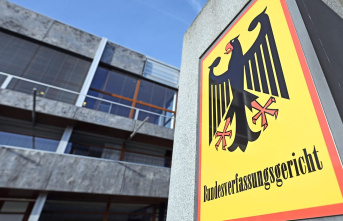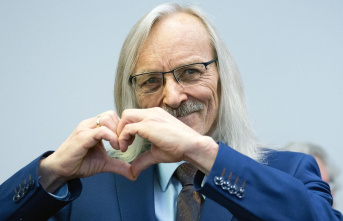The extent of the Holocaust is unknown to many Dutch people, especially young people 78 years after the liberation of Auschwitz. Some even speak of a myth. That is the result of a study by the Claims Conference, which was published a few days before the International Day of Remembrance for the Victims of National Socialism.
The Claims Conference was established after World War II to enforce claims by Jewish survivors against Germany and continues to serve Holocaust survivors and their descendants today. 2000 Dutch people aged 18 and over were interviewed. The results of Millennials born between 1980 and 1994 and the so-called Generation Z born since 1995 were recorded separately.
Although there were several transit camps in the Netherlands from which the Jews were deported to concentration camps such as Auschwitz, 59 percent of all respondents and 71 percent of millennials and Generation Z (Gen Z) could not name a single transit camp in their own country. Only 22 percent of all respondents and 17 percent of Millennials and Gen Z could name Westerbork, the Dutch transit camp where Anne Frank was taken before she was deported to Auschwitz.
Ignorance of history, indifference to today
Anne Frank herself, who lived in hiding with her family in Amsterdam during the German occupation of the Netherlands, was known to 89 percent of those surveyed. Yet 32 percent of millennials and 27 percent of all adults surveyed did not know that she died in a concentration camp.
The full extent of the Holocaust was similarly unknown to many: 54 percent of all respondents and 59 percent of Millennials and Gen Z did not know that six million Jews were murdered. On the other hand, a total of 29 percent believed that two million or fewer Jews were killed during the Holocaust. For Millennials and Gen Z, the proportion was even higher at 37 percent. Almost a quarter of Dutch respondents to this age group, namely 23 percent, even considered the Holocaust to be a myth or exaggerated. This number is higher than in any other previously surveyed country, it said.
Looking to the present, there were also worrying results in the study. For example, 22 percent of Millennials and Gen Z thought it acceptable for a person to support neo-Nazi views. In the overall group of respondents in the Netherlands, the proportion was twelve percent.
"Knowledge and consciousness are eroding rapidly"
"Our Netherlands study makes it very clear to us that historical facts are no longer binding, especially among young adults," said Rüdiger Mahlo, the representative of the Claims Conference in Germany. "Holocaust knowledge and awareness are eroding at a rate that is shocking. Our worst fears are proving to be justified."
"With each study, the decline in knowledge and awareness of the Holocaust becomes more evident, along with a trend toward Holocaust denial and distortion," warned Gideon Taylor, president of the Claims Conference. As a consequence of the survey results, he spoke out in favor of strengthening Holocaust education worldwide. Previous studies in France, Austria and Canada, for example, had shown a lack of knowledge about the Holocaust in recent years.
"I am shocked and deeply concerned about the results that have now been presented. Many of my compatriots do not even know their own national history," said Dutch Holocaust survivor Max Arpels Lezer. He hopes for education so that future generations can understand the full extent of the Holocaust. "For us survivors, it is of the utmost importance that future generations pass on our testimonies even after we are gone."
According to the survey, the desire for education and information on the topic is definitely there: two-thirds of Dutch respondents and the majority of Dutch Millennials and Generation Z thought that Holocaust education should be compulsory in schools.











